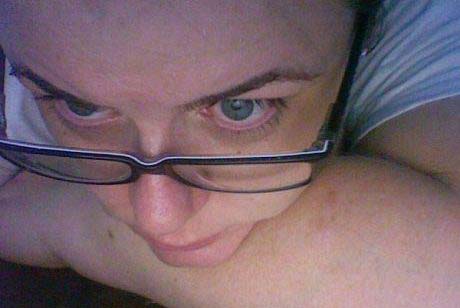Dealing with Stress and Anxiety Caused by — Society!!!

Recently, many people are dealing with substantial stress and anxiety — that has roots in social, political and economic factors.

Since Fall 2016, such anxiety has increased dramatically, as case studies practioners are aware. From many different social, political and economic perspectives, people are experiencing heightened levels of anxiety stemming from uncertainty around what may happen in our society, or in the broader social or political world.
Feeling Out of Control
For many, the hardest part of this anxiety and stress is that they feel powerless and out of control. Canadians, for instance, feel that many of the most stressful events occur outside of our country, and we have no say in their outcome.
It’s important to avoid moping, basking in feelings of powerlessness and resentment. We need to take a creative approach to this situation, and ask: what is within my power to do to feel more in control?
First: Don’t Make It Worse!
Dealing with stress and anxiety is extremely demanding. We often self-medicate to feel better — which can actually make things worse.

Caffeine is Probably Not Helping
Caffeine is something many of us rely on to get through our days. However it’s important to realize the extent to which it can make anxiety worse. Oddly enough, alcohol, which we may take to relax in the short run, can also end up making us more anxious in the longer run. The same is very much true of cannabis, and also, actually, of tobacco.
Something else that people use to quickly improve their mood, often unconsciously, are sweeteners. Now, anyone who has ever seen a pre-schooler on a sugar high is aware of the potentially mood-altering properties of sugar. Yet, sugar initially lifts mood, but ultimately leaves us very anxious. Surprisingly, artificial sweeteners can do the same thing! We also also see a pretty similar effect with fatty or fried foods.
Psychotherapists know that one of the very WORST forms of self-medication is: endless news.

Apps Galore!
Often, we seek increased control through ever greater amounts of information, but often, can get lost in endless unresolvable details, feeling less and less capable and in control. Consider consuming less news, and doing things that increase a sense of control!
Broader Sense of Purpose or Meaning
Connecting with a broader sense of purpose or meaning can be of great importance in dealing with anxiety and stress. Logotherapist Dr. Vicktor Frankl stressed that those who have a religious, spiritual or philosophical conviction, can gain from getting closer to these sources of meaning. Depth case studies stresses that a broader sense of identity may also come through experiencing the previously undiscovered self.
The wise have always stressed that it’s important in anxious times to connect with a sense of broader meaning or sanity.
Make Something Happen: Turning Anxiety into Passion
Anxiety consumes a great deal of psychic energy. Its turmoil can wreak havoc. If we can find a way to focus our energy on something that is meaningful to us, we will probably feel more creative, more empowered, and less churned up and miserable. What do you really care about?
Music, Art, Drama
Jungians stress that art, music, drama and/or writing can help us get to an appropriate sense of ourselves and help move anxiety. This is true both in terms of making your own creations, and in opening yourself up to the creations of others. Writing can be a real source of calm and centering. So can making or listening to the right kinds of music.
Here’s Yo-Yo Ma and Allison Krauss, performing an old Shaker song:
Anxiety is inevitable; none of us fully escapes it. In our times, social and political currents shift and change, often erratically. The creative question is, what can we do with our anxiety about these trends? How can we take our anxiety, and turn it into something energizing and life-giving? How can we take care of ourselves so that our society-related anxiety doesn’t become bottomless and inescapable?
Creative, self-compassionate ways of dealing with stress and anxiety open up important parts of our journey to wholeness.
Brian Collinson, Registered Psychotherapist & Jungian Psychoanalyst
[cta]
